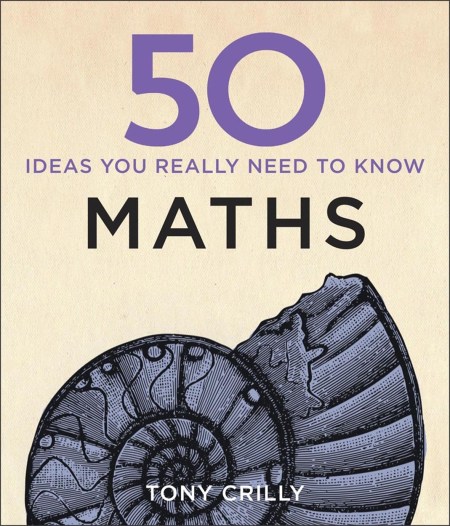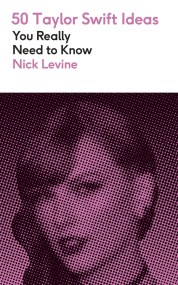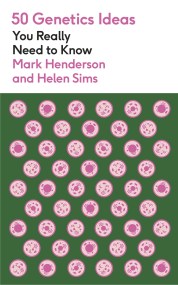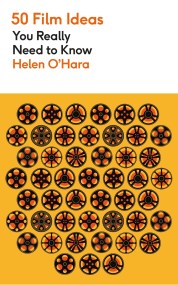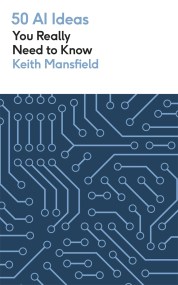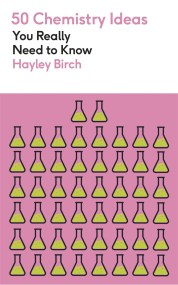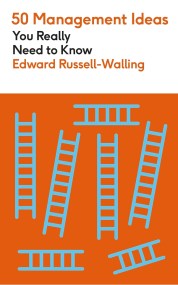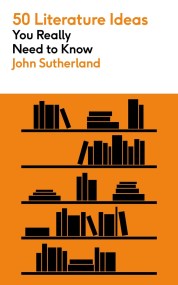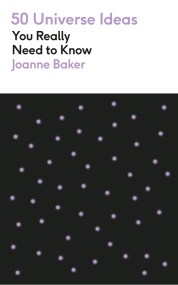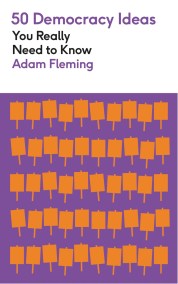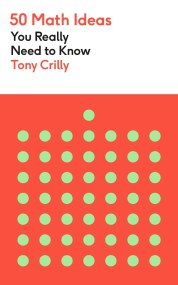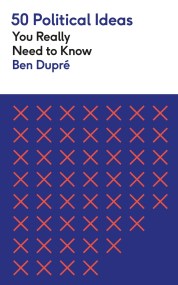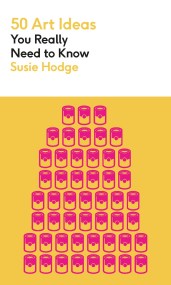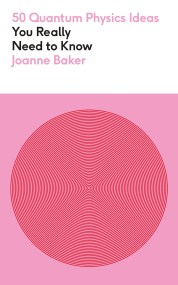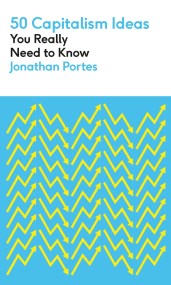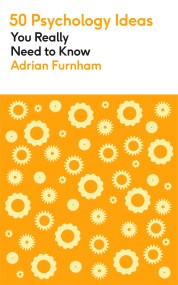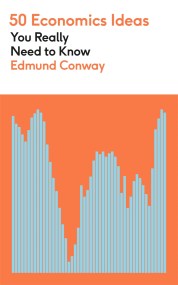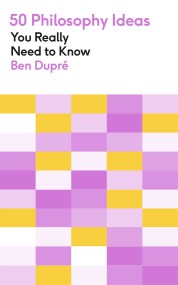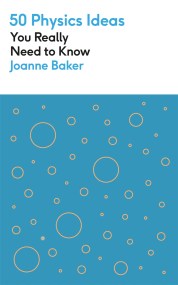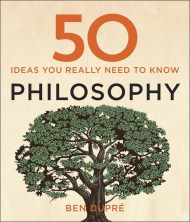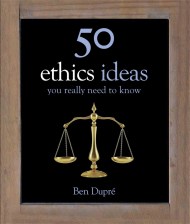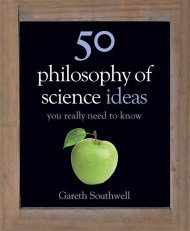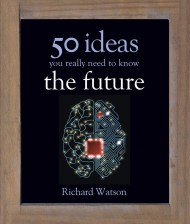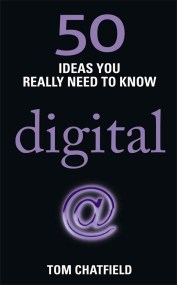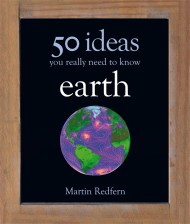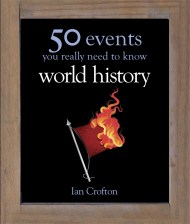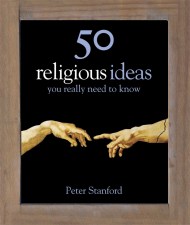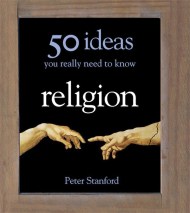Who invented zero? Why 60 seconds in a minute? How big is infinity? Where do parallel lines meet? And can a butterfly’s wings really cause a storm on the far side of the world?
In 50 Maths Ideas You Really Need to Know, Professor Tony Crilly explains in 50 clear and concise essays the mathematical concepts – ancient and modern, theoretical and practical, everyday and esoteric – that allow us to understand and shape the world around us.
Packed with diagrams, examples and anecdotes, this book is the perfect overview of this often daunting but always essential subject. For once, mathematics couldn’t be simpler.
Contents include: Origins of mathematics, from Egyptian fractions to Roman numerals; Pi and primes, Fibonacci numbers and the golden ratio; What calculus, statistics and algebra can actually do; The very real uses of imaginary numbers; The Big Ideas of relativity, Chaos theory, Fractals, Genetics and hyperspace; The reasoning behind Sudoku and code cracking, Lotteries and gambling, Money management and compound interest; Solving of Fermat’s last theorem and the million-dollar question of the Riemann hypothesis.
In 50 Maths Ideas You Really Need to Know, Professor Tony Crilly explains in 50 clear and concise essays the mathematical concepts – ancient and modern, theoretical and practical, everyday and esoteric – that allow us to understand and shape the world around us.
Packed with diagrams, examples and anecdotes, this book is the perfect overview of this often daunting but always essential subject. For once, mathematics couldn’t be simpler.
Contents include: Origins of mathematics, from Egyptian fractions to Roman numerals; Pi and primes, Fibonacci numbers and the golden ratio; What calculus, statistics and algebra can actually do; The very real uses of imaginary numbers; The Big Ideas of relativity, Chaos theory, Fractals, Genetics and hyperspace; The reasoning behind Sudoku and code cracking, Lotteries and gambling, Money management and compound interest; Solving of Fermat’s last theorem and the million-dollar question of the Riemann hypothesis.

